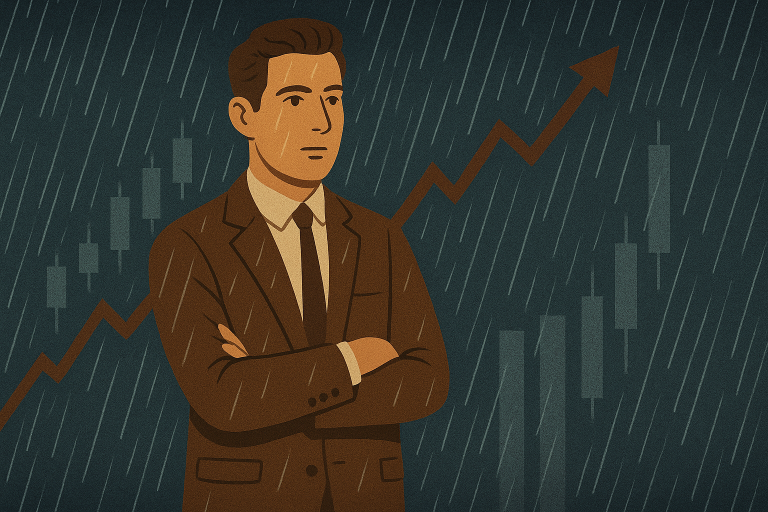The Poverty Mindset: How Your Environment Shapes Your Financial Future
Poverty extends far beyond bank account balances—it’s an environment that shapes your deepest beliefs about money. Being surrounded by poverty mentality creates invisible barriers to wealth that are more powerful than any financial constraint. This isn’t just about lacking money; it’s about existing in an atmosphere where growth seems impossible, skepticism greets every ambition, and any attempt to rise higher meets ridicule.
The Survival Mode Trap: How Poverty Thinking Perpetuates Itself
Poor environments operate in permanent survival mode. The same phrases echo constantly: “Why take risks?”, “That’s not for people like us,” or “All rich people are crooks.” In this space, wanting to save or invest gets labeled as greed. A neighbor’s success triggers envy rather than curiosity. Energy flows toward complaints and excuses rather than creation and solutions. This mindset becomes a self-fulfilling prophecy that keeps generations locked in financial struggle.
The Contagion of Lack: Why Poverty Spreads Through Relationships
Poverty is psychologically contagious. When you daily hear that investing is dangerous, saving pointless, and effort futile, you eventually believe it. These beliefs then dictate your actions. The tragic result: even when income increases, the poverty mindset persists. People continue spending everything, avoiding calculated risks, and fearing long-term planning. Your social circle’s financial beliefs become your own, often without conscious awareness.
Breaking the Cycle: Practical Steps to Change Your Environment
· Curate Your Information Diet: Replace negative media with financial education
· Find New Communities: Join investment groups or online forums
· Change Your Conversations: Redirect money talks from complaints to strategies
· Seek Mentors: Connect with people who’ve achieved what you want
The Wealth Environment: Creating Space for Financial Growth
Contrast this with growth-oriented surroundings. Here, saving is normal rather than strange. People discuss investment strategies instead of gossip. The question becomes “How are you building wealth?” rather than “Why bother trying?” In this environment, money transforms from a goal into a tool for freedom and choice.
For long-term investors, selecting your environment becomes a strategic asset. Think of it as soil quality for a tree—even the strongest oak will struggle in swampy ground, while fertile soil helps the weakest sapling become mighty. Your financial growth depends more on your mental environment than your initial resources.
The Difficult Choice: Why Growth Requires Conscious Separation
Wealth builders rarely discuss this openly, but your circle either pulls you upward or holds you down. You can possess talent, determination, and even capital, but if your environment thrives on fear and envy, you’ll constantly fight against its downward pull. This leads to the hardest realization: you cannot maintain all existing relationships while pursuing significant growth. Some connections must change; others might end. Their world otherwise becomes your ceiling.
Poor environments will always find excuses. But you can make the conscious choice to seek opportunities. The turning point arrives when your capital grows not just in your accounts, but in your mindset. It all begins with asking one courageous question: “What environment am I truly living in?”



